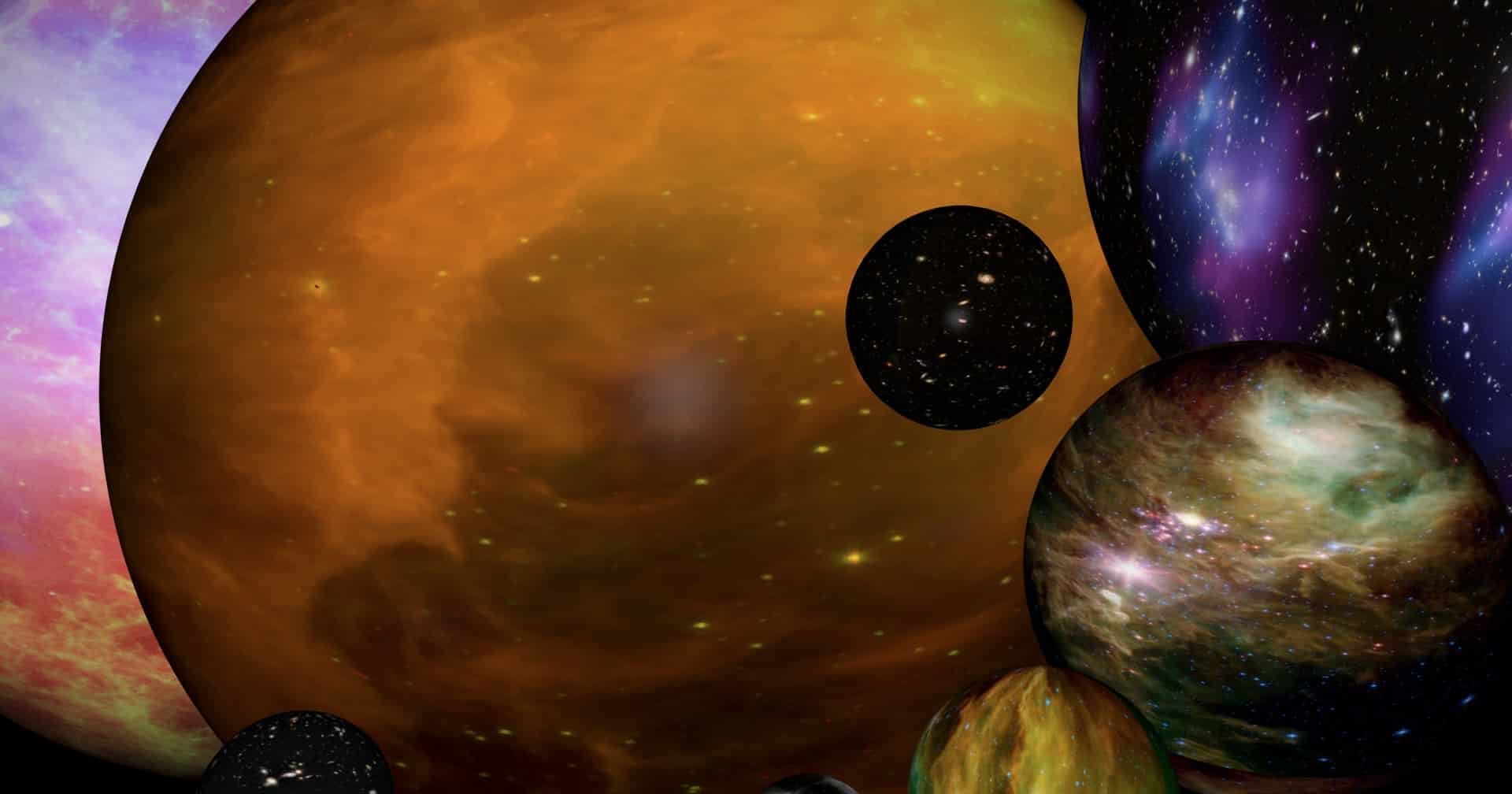 Culture & Ethics
Culture & Ethics
 Physics, Earth & Space
Physics, Earth & Space
Meyer and Klavan: How the Multiverse Ruins Science…and Storytelling

Stephen Meyer had a fascinating conversation with podcaster Andrew Klavan and his son Spencer Klavan. The topic: how the multiverse theory destroys not only science (as Meyer explains in Return of the God Hypothesis) but storytelling. The younger Klavan is Associate Editor at the Claremont Review of Books and an Oxford PhD in classics. Impressive guy. He wrote an essay there analyzing the Marvel Cinematic Universe (MCU), of which “the multiverse has become the central governing concept.”
Klavan nails it in his essay:
“In the infinite multiverse there’s a cure for every illness. A solution to every problem,” says the Scarlet Witch (Elizabeth Olsen) in Doctor Strange and the Multiverse of Madness. She’s exactly right, and that’s exactly the issue: two and a half hours of pointless carnage will end us right back where we started if the dead shall be raised as soon as the credits roll. The multiversal MCU is a world without narrative stakes, moral meaning, or tragedy, because it is a world without consequences.
Now that is something I had not thought of. In a multiverse where no possibility is excluded and everything does and does not happen, every which way, any story we can tell is deflated by the realization that in another universe the tale has turned out differently. For example, if we suppose there is another version of Anna Karenina, taking place in a parallel reality in which the freight train stops just in time, that would drain a considerable amount of the interest from Tolstoy’s novel.
Read the rest of “Worlds Without End” at the Claremont Review of Books. Find the interview here. The segment with Meyer starts at 51:12:
